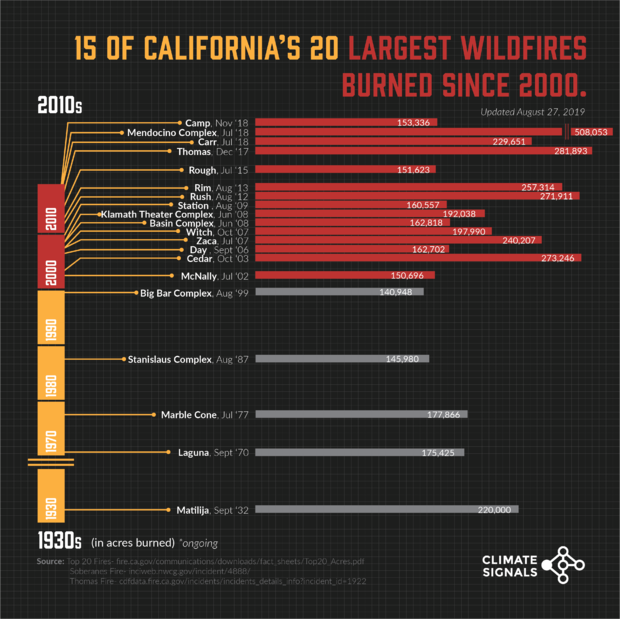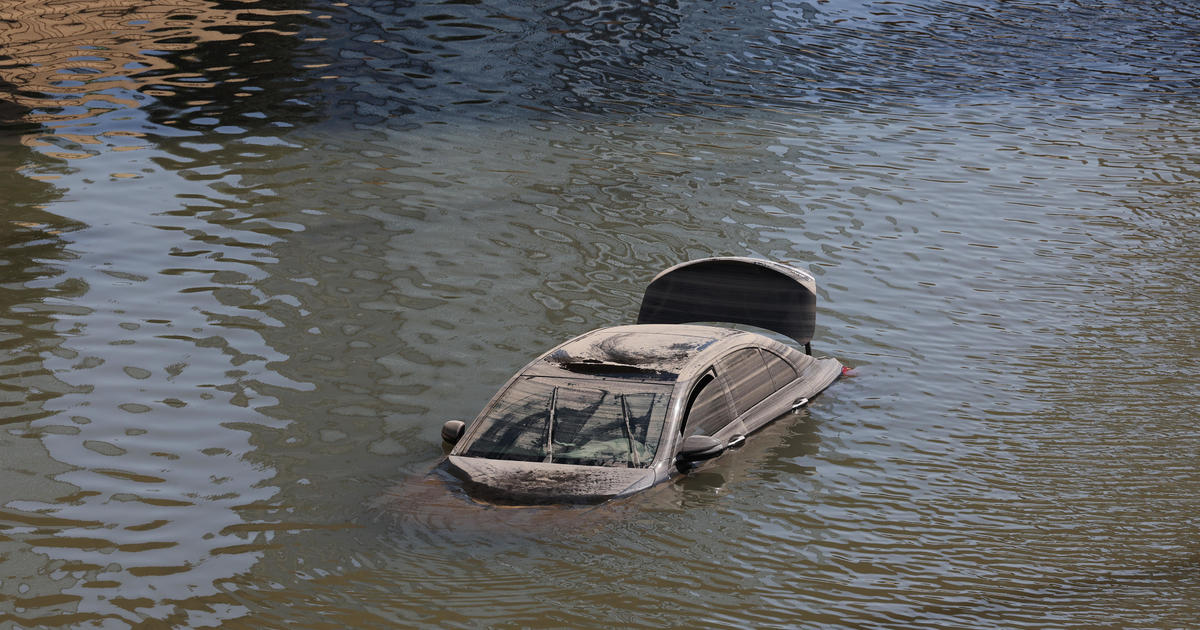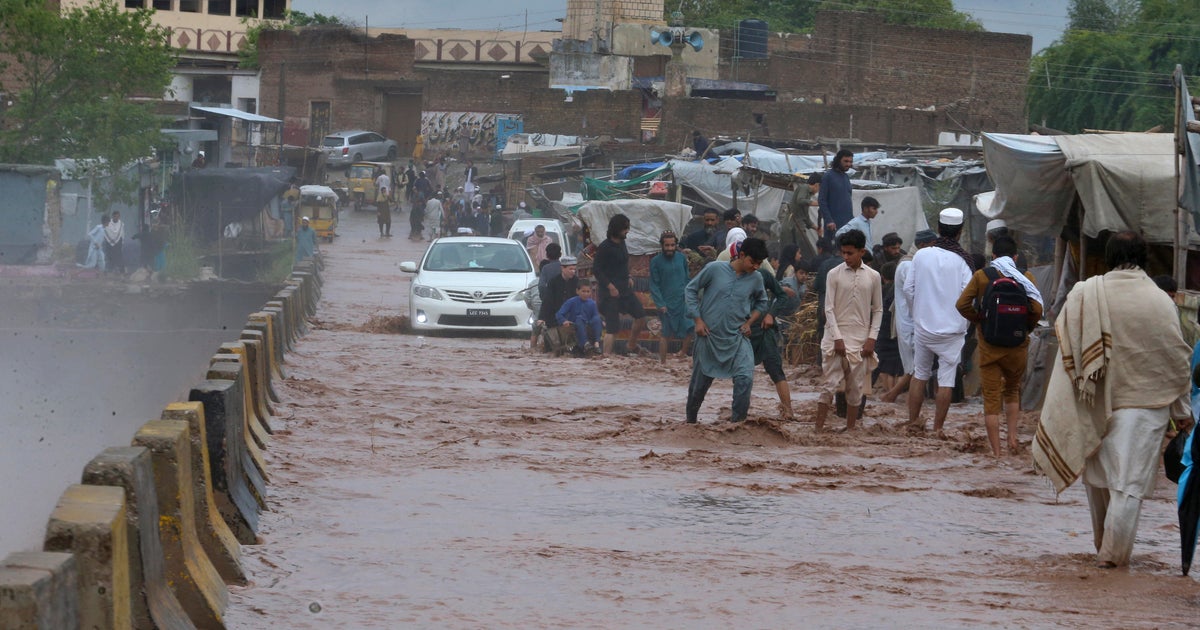Climate change has doubled extreme fire weather days in California, study shows
While the world wrestles with the immediate impacts of the coronavirus crisis, the more gradual climate crisis continues to accelerate in the background. New research released by a team of scientists at Stanford University shows human-caused warming is playing a considerable inflammatory role in California fire seasons.
The study finds that since the 1980s, the frequency of autumn days with extreme fire weather conditions has more than doubled. By examining both historical weather observations and computer model simulations, the team finds this increase in ripe fire conditions is being fueled by a combination of less rainfall and warmer temperatures.
In recent years, fire seasons in California have grown more catastrophic. Of the 20 largest fires that have occurred since the 1930s, 15 have come in the past 20 years; the Mendicino Complex fire in 2018 and the Thomas fire in 2017 were the largest.
Rainfall during fire season has dropped off by 30%, while temperatures have increased by more than 2 degrees Fahrenheit since the 1980s. While the decrease in rain is meaningful, the bigger factor is warmer air, which powers increased evaporation. That creates a moisture deficit and dries out the brush and soil, making for tinder box conditions.
The most pronounced warming has occurred in the late summer and early autumn, which coincides with both the dry season and "Diablo" and "Santa Ana" wind events in California. These strong, dry wind events fan the flames, leading to out of control wildfires.
The research team used climate model simulations in order to determine if the changes observed in the past few decades are due to human-caused climate change. They found a significant connection.
"It's striking just how strong of an influence climate change has already had on extreme fire weather conditions throughout the state," said study co-author Daniel Swain, a research fellow at UCLA. "It represents yet another piece of evidence that climate change is already having a discernible influence on day-to-day life in California."
Spring snowpack is another known indicator that helps determine fire conditions in the forthcoming fire season. Less snow tends to melt off faster, leading to drier conditions earlier.
This year, snowpack has been running far below normal, but this past weekend's heavy snow in the Sierra Nevada has helped narrow the deficit some.
"The recent storm has taken us from a very precarious position to a less precarious position," says study senior author Noah Diffenbaugh, a professor at Stanford's School of Earth, Energy & Environmental Sciences.
But, "global warming, over the long term, means that these conditions are more likely to be followed by a hot summer and autumn," Diffenbaugh warned.
If that weather transpires as Diffenbaugh predicts, extreme fire conditions will become more likely this upcoming fire season. With emergency resources already strained by the COVID-19 pandemic, experts are concerned the crisis will hamper efforts to both prepare and respond.
The complexity of dealing with multiple crises at the same time is a common concern among scientists, and why climate change is known as a threat multiplier. "The system is designed for historical conditions, but with climate change, fire seasons intensify, expand and intersect with other emergencies, forcing us to fight multiple overlapping disasters at the same time," explains Diffenbaugh.
The team's climate model analyses suggest that climate change will continue to amplify the number of days with extreme fire weather through the end of this century. But they stress that adherence to the U.N. Paris Agreement commitments, through reduction of heat-trapping greenhouse gas emissions, can substantially curb that increase.




